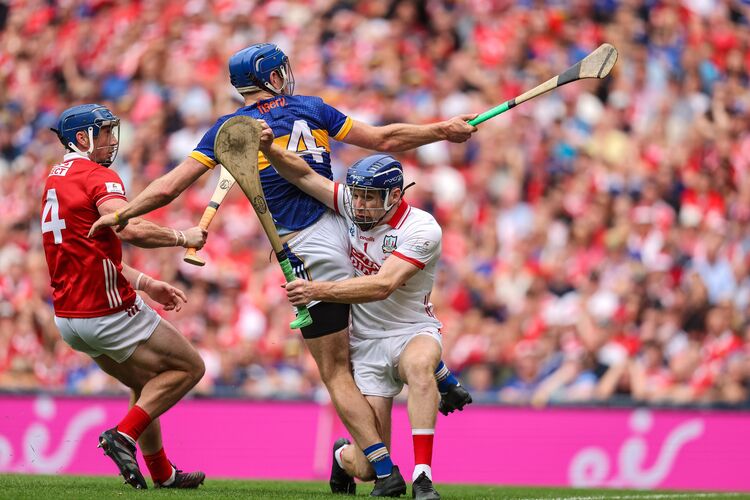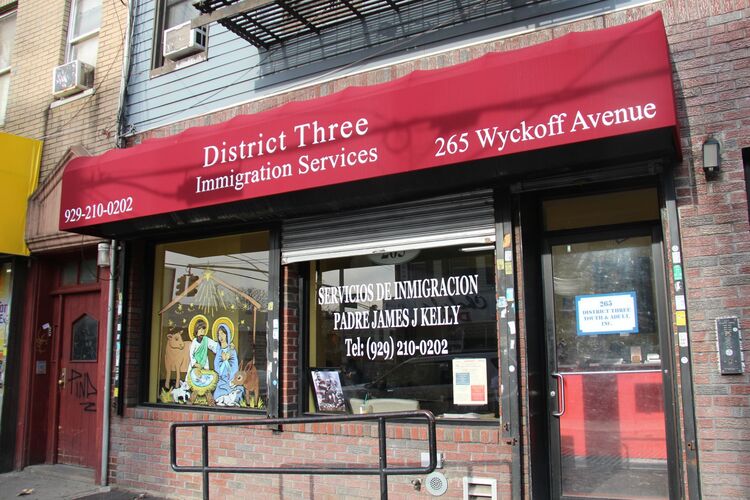The monument to the Korean War in Washington, D.C.
By Ray O’Hanlon
The Irish who fought and died in American uniform in the Korean War are now American citizens thanks to a campaign and congressional action that came to fruition fifteen years ago.
But not all of them are resting in U.S. or Irish soil.
That’s because five of them were never found and have been listed as missing in action since the fighting ended on the Korean peninsula in 1953.
But there is now a chance, albeit a very slim one, that the remains of one or more of the missing Korean War Irish might be recovered as the U.S. military said it has moved coffins and metal cases to the Korean border - this to prepare for North Korea's expected returning of the remains of American soldiers who have been MIA for more than six decades.
North Korea agreed to return U.S. war remains during the June 12 summit between North Korean leader Kim Jong Un and President Donald Trump.
Should the remains be handed over it is not certain that all will be of U.S. servicemen. The war against North Korea and its Chinese ally was conducted by the United Nations, and a range of nations contributed troops to the UN effort.
The Korean Irish, however, all served in the U.S. Army and Marine Corps.
They were not awarded citizenship after the fighting because a change in citizenship rules for overseas-born American military personnel was not grandfathered at the time.
In addition to the soldiers, a number of Irish missionary priests lost their lives during the “Forgotten War” with the remains of two of them never having been found.







